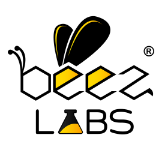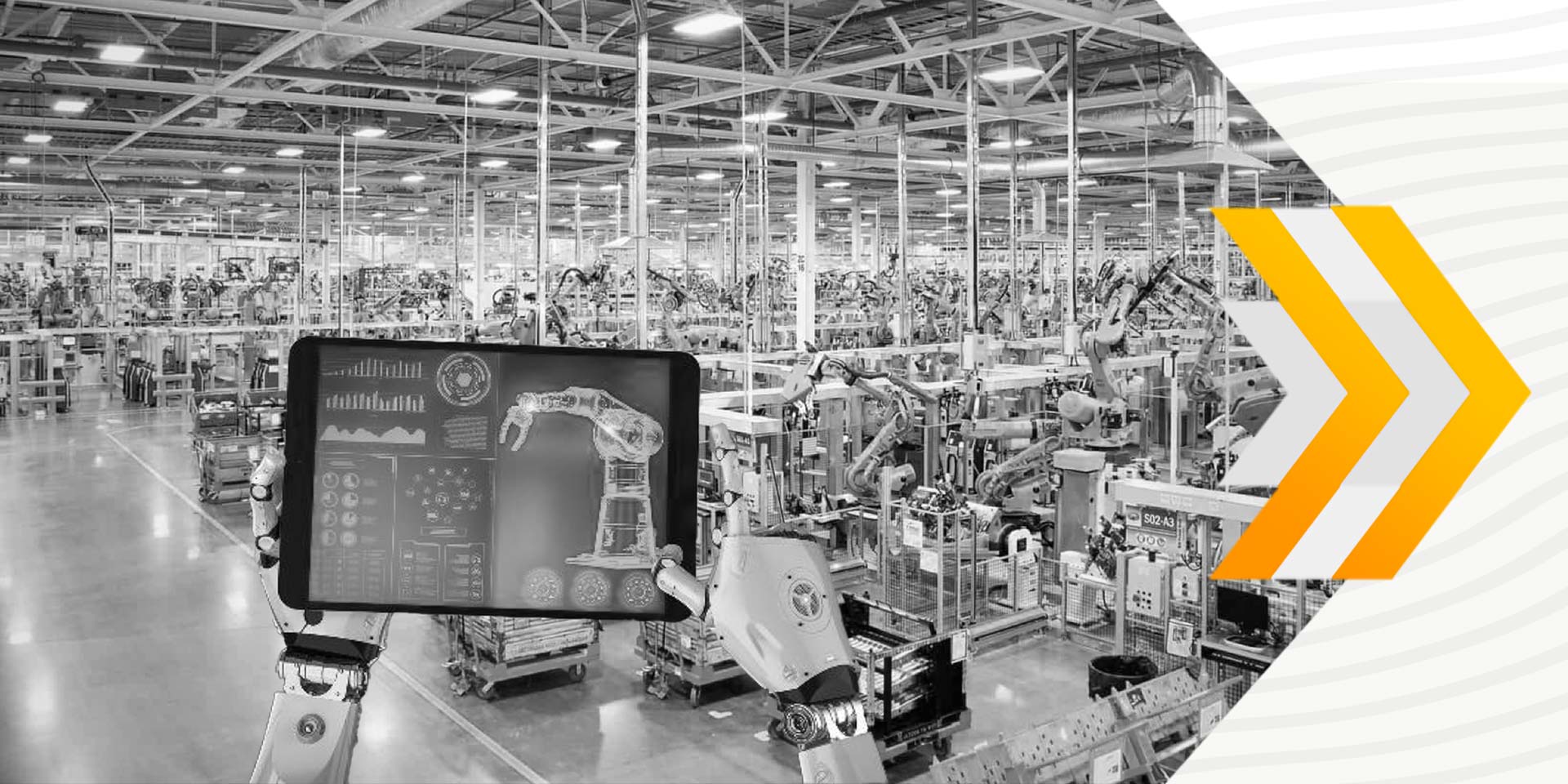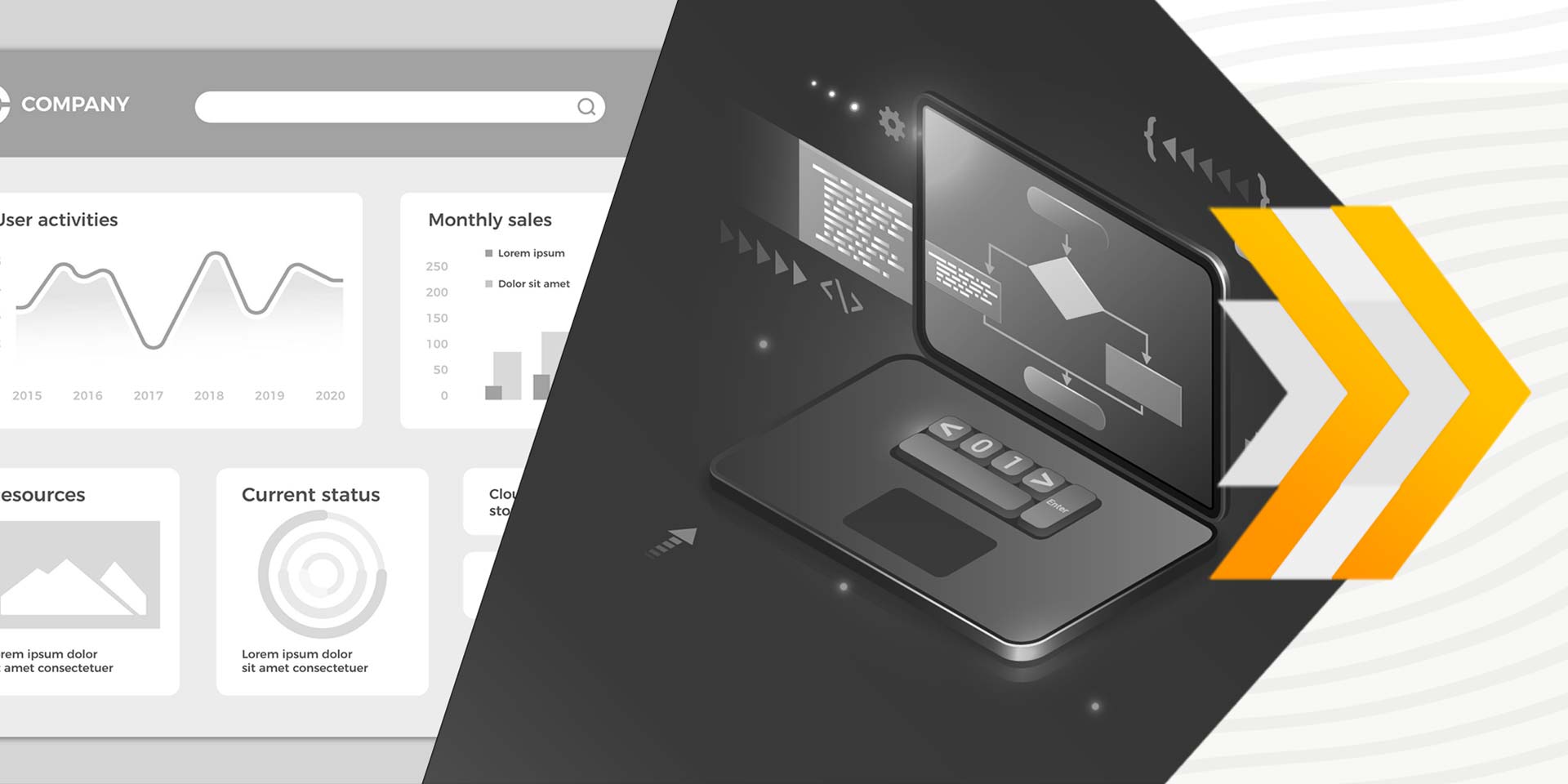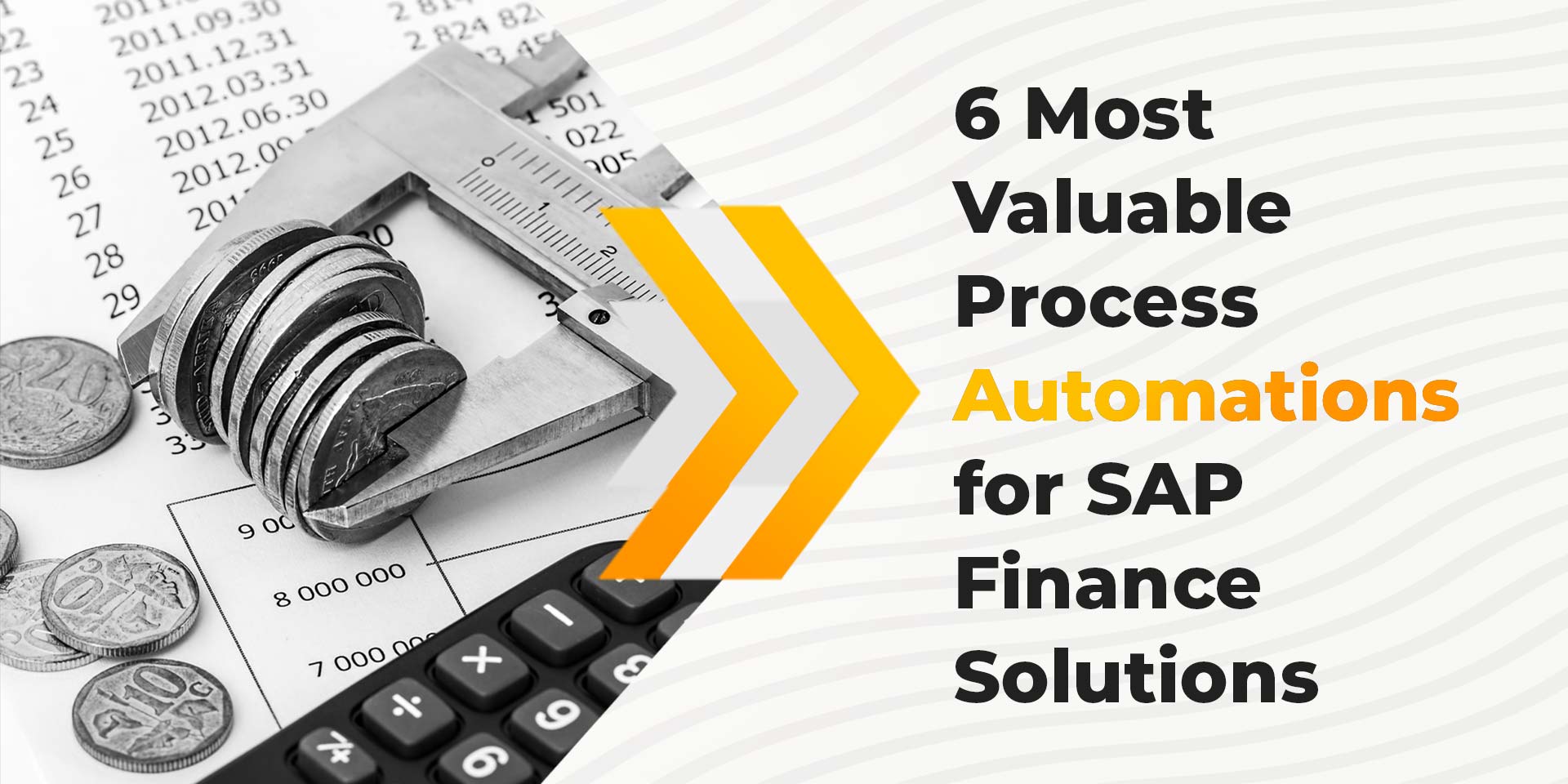Automation
Top Industries Benefiting from Business Process Automation


- Table of Contents
- Introduction
- Business Process Automation- An Overview
- Finance
- Healthcare Industry
- Manufacturing Industry
- Retail
- Logistics and Transportation Industry
- Conclusion
Introduction
In the age of rapid technological advancement, Business Process Automation (BPA) has emerged as a transformative force across various industries, revolutionizing traditional workflows and enhancing operational efficiency. With 76% of businesses using automation for standardizing or automating daily workflows, it has become a key driver of growth and success for organizations around the world.
From finance to healthcare and manufacturing, businesses are increasingly turning to automation to streamline processes, reduce costs, and drive innovation. In this blog, we'll explore how specific industries are leveraging BPA to achieve remarkable results and how having a universal orchestrator and multiple tools can further boost processes in these sectors.
Business Process Automation: An Overview
Business Process Automation involves the use of technology to automate repetitive, manual tasks, and streamline workflows. It can involve a combination of multiple tools, software applications, and machine learning algorithms to accelerate processes while minimizing human intervention. BPA is not limited to a particular industry but has proven to be beneficial for various sectors with different needs and challenges.
Finance: Automating for Accuracy
The finance industry is one of the earliest adopters of Business Process Automation, owing to its reliance on data-intensive operations and the need for stringent compliance. Tasks such as account reconciliation, invoice processing, and fraud detection can be seamlessly automated using advanced technologies like Robotic Process Automation (RPA) and Artificial Intelligence (AI). By implementing financial automation that integrates with various banking systems and financial software, institutions can achieve real-time data processing, improved accuracy, and reduced operational risks.
Imagine a scenario where transaction monitoring and fraud detection processes are running autonomously, with AI algorithms analyzing vast amounts of data to identify suspicious activities in real time. Automation tools can trigger alerts and initiate preventive measures, significantly reducing the risk of fraudulent transactions and enhancing overall security. When it comes to the SAP ecosystem, automation can accelerate SAP processes like account posting, invoice management, and vendor master data creation.
Healthcare Industry: Pioneering Automation for Better Patient Care
In the healthcare sector, Business Process Automation is revolutionizing patient care, administrative tasks, and regulatory compliance. Electronic Health Records (EHR) systems, appointment scheduling, and claims processing are just a few examples of processes that can be automated to improve efficiency and patient outcomes.
With a universal orchestrator in place, healthcare providers can seamlessly integrate disparate systems such as Electronic Medical Record (EMR) systems, billing platforms, and telehealth applications. This integration enables smooth data exchange, faster decision-making, and enhanced patient engagement. Imagine a scenario where patient appointment scheduling, reminders, and follow-ups are automated, leading to reduced wait times, improved patient satisfaction, and better resource utilization.
Manufacturing Industry: Boosting Productivity and Quality
In the manufacturing sector, Business Process Automation plays a crucial role in optimizing production processes, supply chain management, and quality control. By implementing automation solutions such as robotic assembly lines, predictive maintenance, and inventory management systems, manufacturers can achieve higher productivity, lower costs, and improved product quality.
A universal orchestrator can integrate with various manufacturing systems, including Enterprise Resource Planning (ERP) software, Manufacturing Execution Systems (MES), and Internet of Things (IoT) devices, to orchestrate end-to-end production processes. Imagine a scenario where production schedules, inventory levels, and machine maintenance are autonomously managed, with predictive analytics identifying potential bottlenecks and optimizing resource allocation in real-time.
Retail: Streamlining Operations and Enhancing Customer Experience
In the retail sector, where customer experience and inventory management are key drivers of success, BPA is revolutionizing traditional business models. Tasks such as order processing, inventory replenishment, and customer support are being automated, enabling retailers to deliver personalized shopping experiences and streamline operations.
With the help of a center of excellence (CoE), retailers can synchronize inventory levels across multiple channels, optimize pricing strategies, and automate marketing campaigns based on customer behavior and preferences. Machine learning algorithms analyze sales data to forecast demand and optimize inventory levels, reducing stockouts and excess inventory. By integrating BPA solutions with point-of-sale systems and e-commerce platforms, retailers can achieve seamless omnichannel experiences, driving customer satisfaction and loyalty.
Logistics and Transportation Industry: Boosting Efficiency and Safety
In the logistics and transportation industry, where timely deliveries and safety are critical, BPA is enabling companies to achieve greater efficiency and accuracy in their operations. With the help of a universal orchestrator, businesses can integrate data from various sources, such as GPS tracking systems and warehouse management systems, to optimize delivery routes and ensure on-time deliveries.
BPA also plays a crucial role in ensuring safety along supply chains. Real-time monitoring of driver behavior and vehicle conditions can identify potential risks and trigger preventive maintenance measures, reducing the likelihood of accidents and costly delays. With advanced analytics capabilities, BPA solutions can also analyze weather and traffic data to suggest alternative routes for safer and more efficient journeys.
Imagine a scenario where delivery schedules are dynamically adjusted based on traffic conditions, weather forecasts, and customer preferences, leading to faster deliveries, reduced delays, and improved customer satisfaction.
Conclusion
In the landscape of ever-expanding industries, BPA stands as a critical instrument for businesses aiming to remain competitive and flourish in the rapid-paced contemporary environment. Its capability to optimize processes, elevate accuracy, and bolster safety renders it an indispensable resource for any enterprise. By implementing the appropriate BPA solution, companies can realize significant advancements. This in return enables them to focus on innovation, growth, and crucial processes, ultimately leading to increased efficiency and success.







































